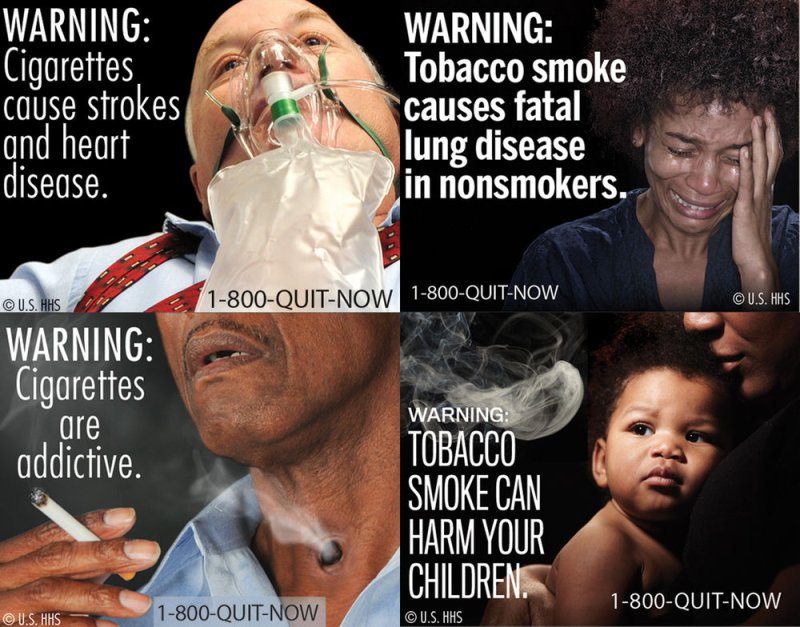Children more exposed to secondhand smoke in U.S. rural areas than urban. UPI/FDA |
License Photo
LEXINGTON, Ky., Jan. 26 (UPI) -- Secondhand smoke is the leading cause of childhood illness and premature death, especially in rural areas, University of Kentucky researchers say.
Study co-author Ellen Hahn, a professor at the University of Kentucky College of Nursing and director of the Kentucky Center for Smoke-free Policy, said elimination of the source of tobacco smoke is the only way to completely protect non-smokers, including children, from secondhand smoke.
Hahn said the study used data from an Internet-based panel survey administered to 400 to 500 Kentucky residents per year from 2007 to 2012. Most of the participants were women ages 35 to 54 with at least some college education.
Almost half of the participants lived in a county with a comprehensive smoke-free law -- all workplaces and public places totally smoke-free -- and 14 percent of the participants lived in a county with a moderate or weak law, with some places excluded from the law.
The study, published in the journal Nicotine & Tobacco Research Journal, found respondents living in urban counties were nearly two times more likely to report a smoke-free home than rural dwellers.
Controlling for smoking status and other personal characteristics, those who responded to the survey in the last two years of the study were more likely to have a smoke-free home compared to those in 2007, the study said.
"The good news is that more and more Kentuckians have made their homes smoke-free since 2007," Hahn said in a statement.
"The bad news is that having children at home does not necessarily mean the home is smoke-free. Our local health departments are in desperate need of funding to promote smoke-free homes especially in rural areas, with smokers, and those with less education. Otherwise, the next generation of Kentuckians is doomed to a life of early death and disease."















